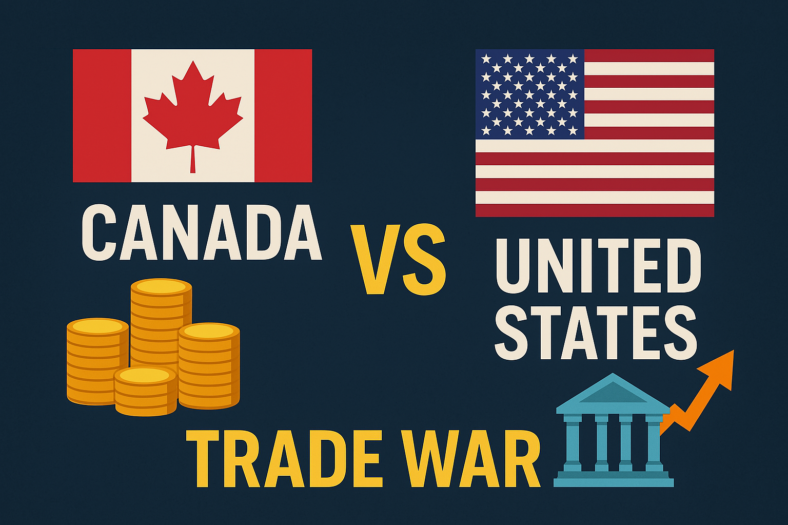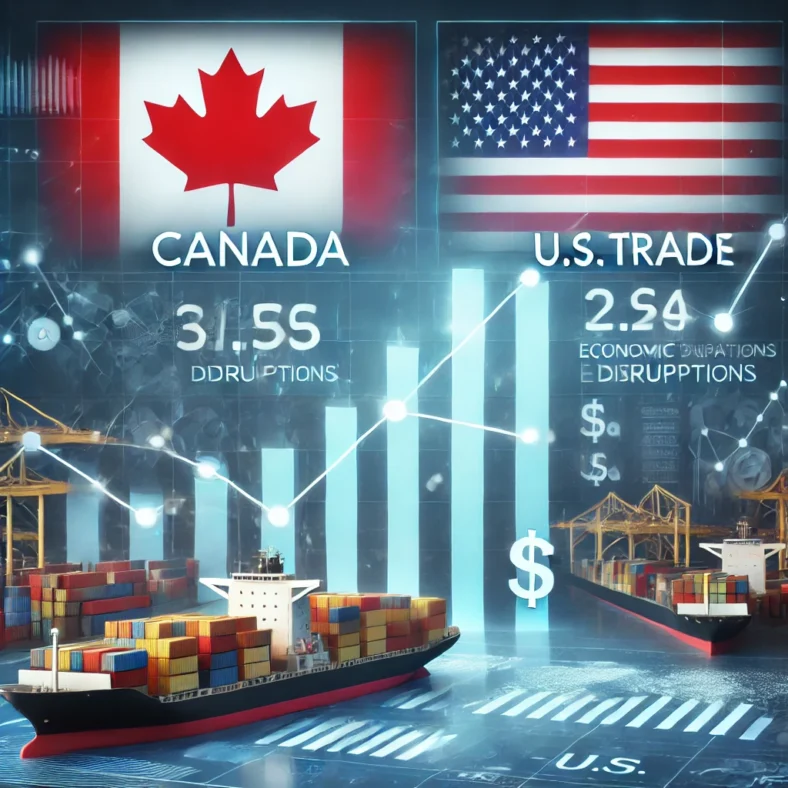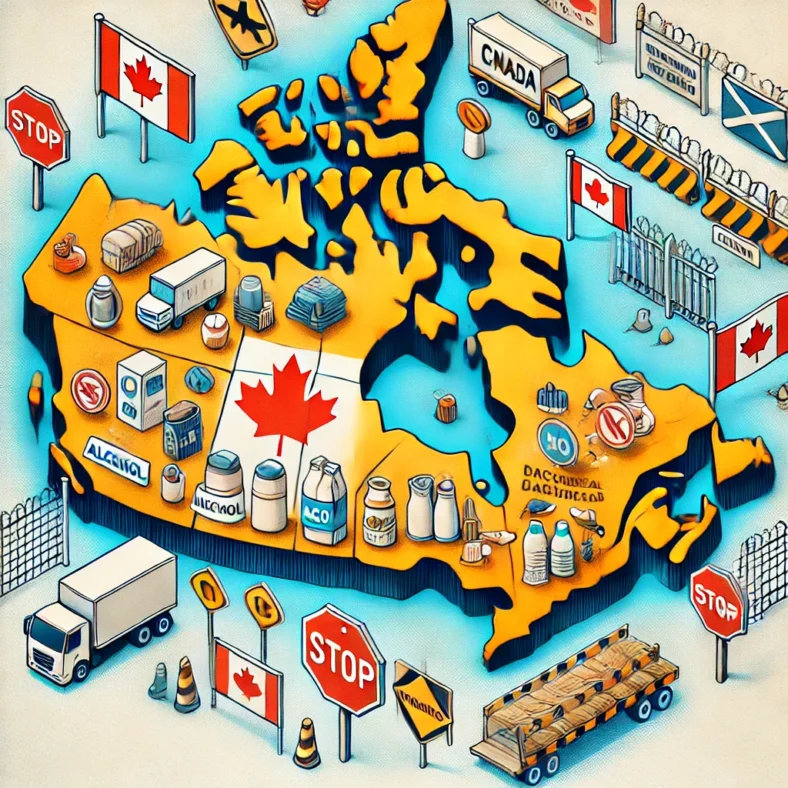According to Robert Hogue, an economist at the Royal Bank of Canada (RBC), recent interest rate cuts by the Bank of Canada have done little to significantly improve housing affordability across the country. While there has been a slight improvement, affordability challenges remain substantial for homebuyers.
In a report released on Tuesday, Hogue noted that RBC’s affordability metrics saw only a slight improvement in the second quarter of the year, but potential buyers still face significant hurdles. “Buyers continue to struggle to find a home they can afford, especially in the wake of soaring home prices and increased interest rates during the pandemic,” the report stated.
Despite the rate cuts, Hogue emphasized that RBC’s affordability measures are still near record-low levels both nationally and in many major markets. The report suggests that while the recent improvements are modest, they may provide more noticeable relief in the coming months if the Bank of Canada continues to reduce rates.
Interest Rates and Their Impact
The central bank has cut its overnight lending rate by 25 basis points in three consecutive decisions, and it has indicated a willingness to continue with rate cuts as long as inflation trends downward. The report pointed out that while the first rate cut in June helped more Canadians qualify for a mortgage, the income required to do so remained significantly higher than the national average in the second quarter.
According to RBC, a household needed an income of $155,000 to afford an average home priced at $810,200 in Canada, assuming a 20% down payment and a 25-year amortization. Although this is down from $161,000 at the end of 2023, Hogue said, “While encouraging, it’s still a giant hurdle to clear.”
For context, the income required to afford an average home in 2019 was just $96,000, 38% lower than the second quarter of this year. “That $155,000 is almost double what the median household in Canada earns, which we estimate at $87,000,” Hogue added. “No wonder home resales have remained sluggish this year.”
Future Outlook: Falling Mortgage Rates
Despite the ongoing challenges, Hogue’s report predicts that homeownership costs will ease in the months ahead. RBC expects the Bank of Canada to reduce its policy rate by another 125 basis points, bringing it down to 3% by spring, which would likely drive mortgage rates lower.
In their base case scenario, RBC anticipates slight increases in home prices, moderate declines in long-term interest rates, and steady, albeit slower, growth in household income through the end of 2025.
Expert Advice for Buyers
With mortgage rates set to decrease, potential buyers should carefully evaluate their options, according to Victor Tran, a mortgage and real estate expert at RATESDOTCA. Tran cautions that the lowest mortgage rate isn’t always the best option. “The lowest rates often come with restrictions that could offset the benefit of the lower rate. Homebuyers need to ensure they choose a mortgage product that fits their specific needs,” he said in a statement to BNN Bloomberg.
Tran advises reading the fine print of mortgage agreements to ensure the terms align with long-term homeownership goals. He added, “It’s important to make sure the mortgage product you choose matches your expectations for the term of the loan.”
Government Changes to First-Time Buyer Programs
Additionally, the federal government’s recent decision to allow first-time homebuyers to extend their insured mortgage amortization from 25 years to 30 years could improve affordability. However, Hogue cautioned that this move could come with risks. “Extending the amortization period means borrowers will carry their debt longer and pay more in interest and insurance premiums over time,” he explained.
Hogue also warned that if this new option gains widespread use, it could potentially drive up home prices in some markets, negating some of the intended benefits. “Any large-scale uptake of this option could ultimately heat up prices in certain market segments,” he said, which could undermine the program’s affordability goals.



















